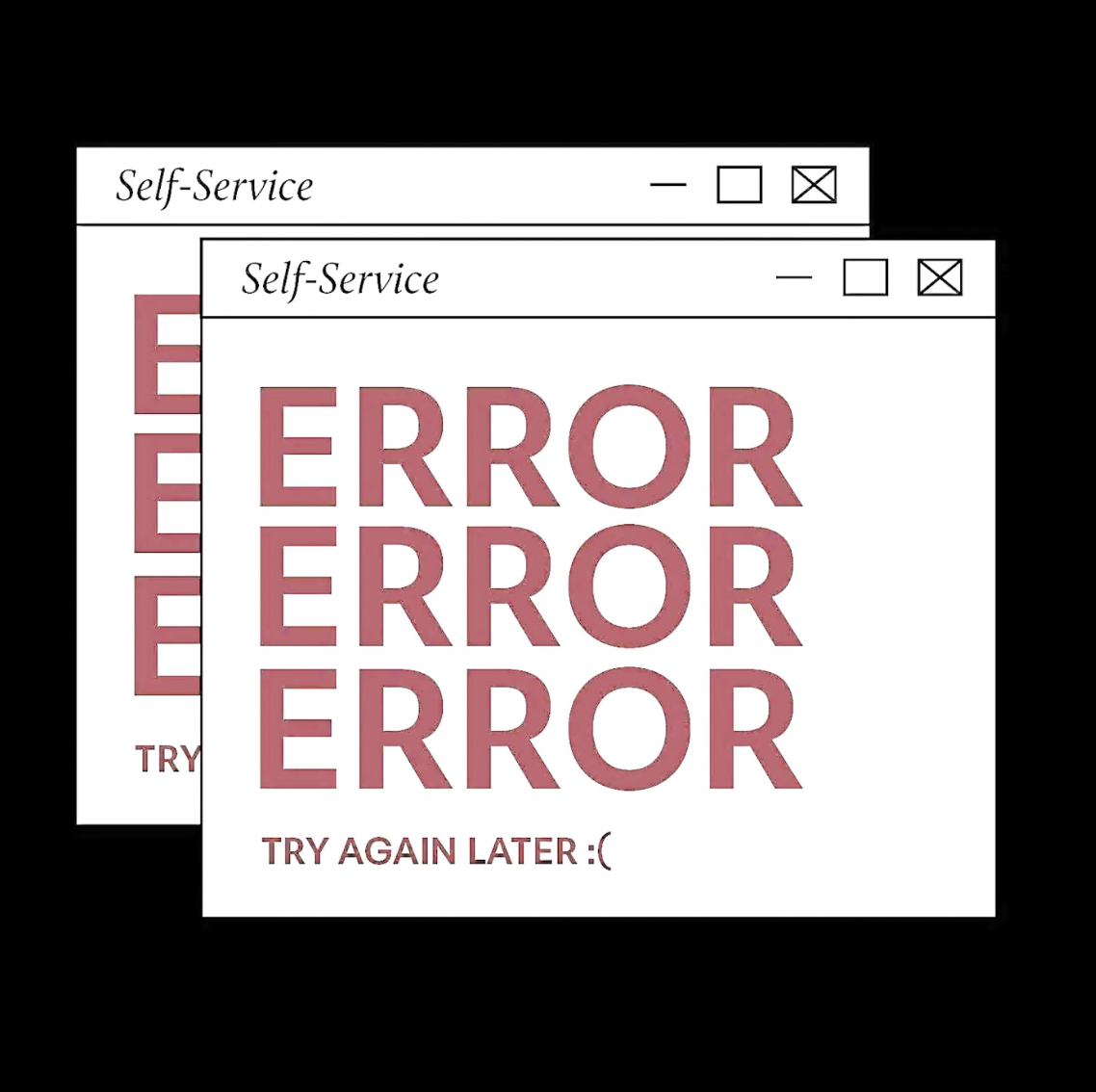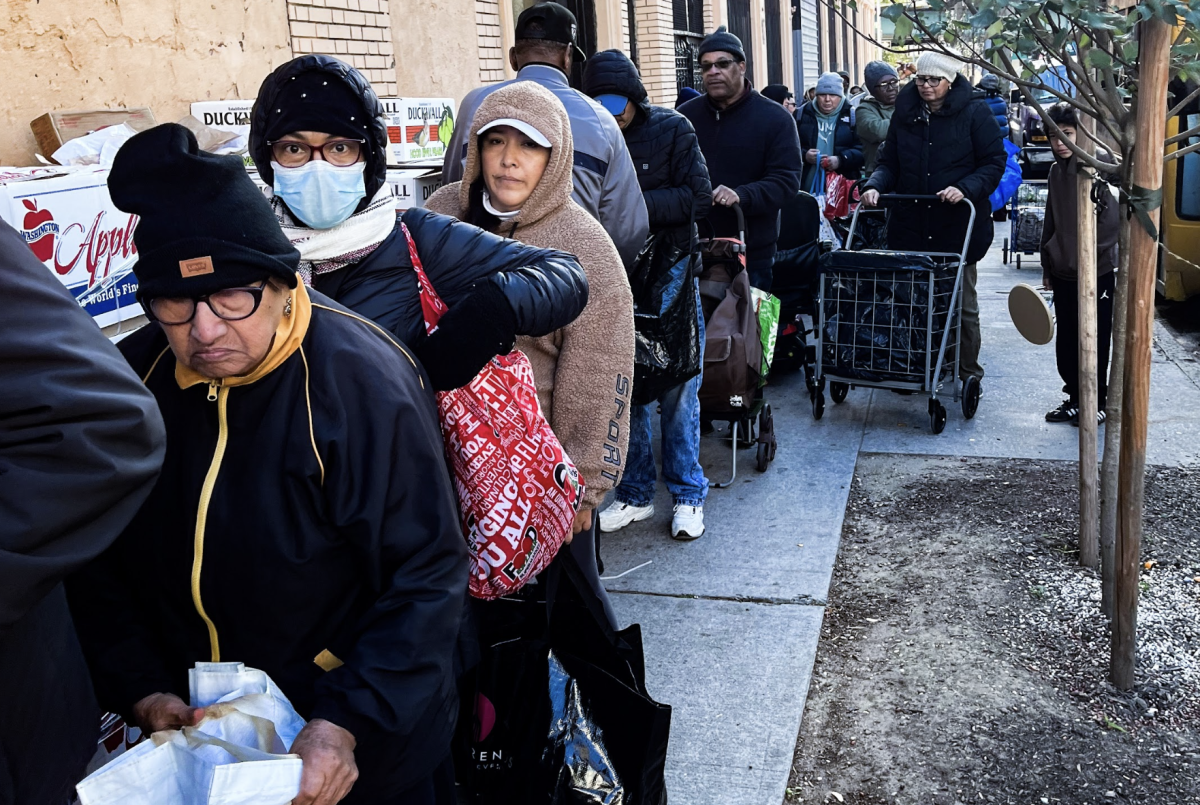Applications for Loyola’s Student Government Association election were due on Friday, April 10. Few students applied. Half the positions were not even initially filled.
So who is the April fool? Is it the SGA, for whatever reason unable to attract student interest? Or is the joke on the students, unable or unwilling to care?
Perhaps apathy is to blame. We come from a Jesuit heritage that challenges apathy and promotes community
involvement, and yet we are hardly immune to indifference. Maybe some students are just tired, stressed from their other activities and awaiting the onslaught of final exams.
These feelings are nothing new, however, and they fail to fully explain the low application turnout. If apathy and tiredness are to blame, why are these sentiments manifesting themselves so heavily in the SGA elections in particular?
We are still the Wolfpack, after all. We still have passions. We still do things, and we still want to change our world for the better. However, students must be selective in their extra-curricular choices. We can’t change everything at once.
Maybe the problem is that the types of people who would thrive in student government are also those determined to make a difference. Some of these students applied. Maybe the rest felt that the SGA would not have been a wise use of their time, that the cause is not one worth fighting for.
Those who dismiss SGA for this reason are misinformed. The SGA is responsible for chartering clubs and handling budget allocations. They also take applications for the Richard Frank Grant, which funds undergrad academic research. Further, do you know how when you look at your course schedule on LORA you can link to a page that shows your book list for that course? SGA helped make that happen. SGA is not a “do nothing” club. We all benefit from SGA’s work, and we benefit more when we involve ourselves in the process.
What’s most baffling, however, is that nobody jumped on the money. Did you know that some SGA positions come with scholarships ranging from 1/10 of tuition to 1/2? And that’s on top of whatever scholarships the candidate already receives.
If students did not know this before now, then perhaps the SGA is to blame for ineffective publicity. If students did know this, why didn’t more people take advantage of this opportunity?
Overall systemic issues sit at the heart of the problem. The SGA should
be more transparent and explore different ways of connecting with apathetic students. The students should in turn try being less apathetic and make efforts to actively inform themselves on campus issues.
The SGA can only help us if we help them, and if what the SGA is doing does not feel like enough to you, this April was your opportunity to change things. Few stepped up to the challenge.
The joke was ultimately on the students.
This editorial is the majority opinion of the editorial board named above.












